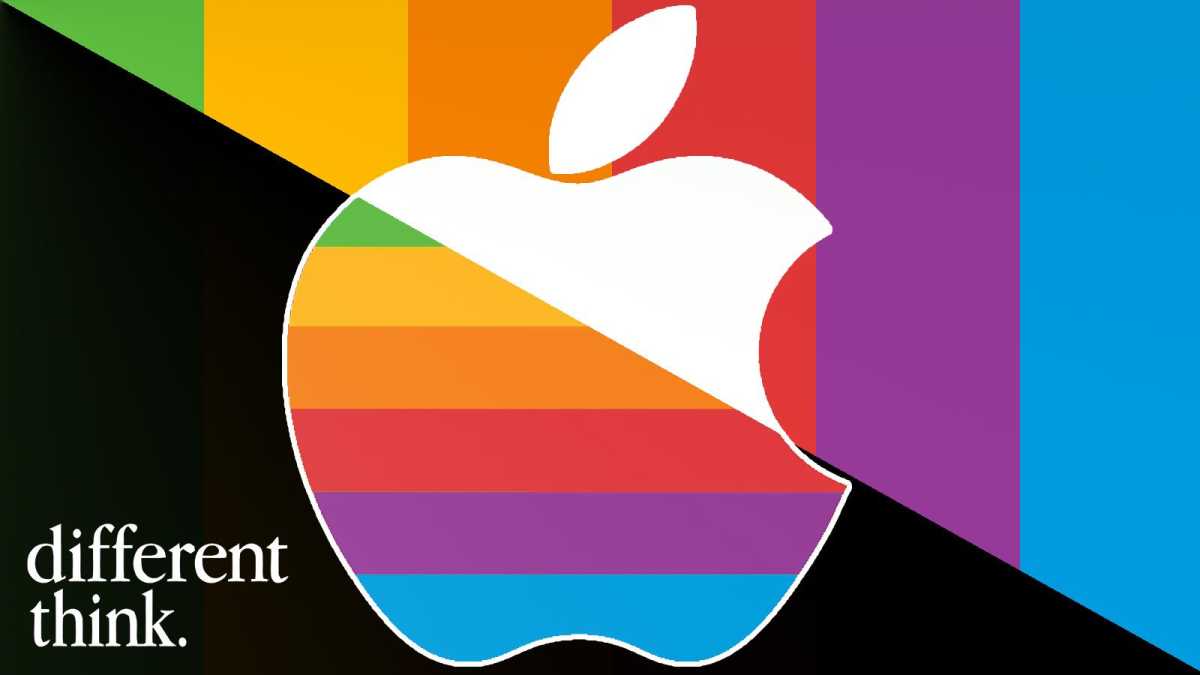Third-party app stores on the iPhone are a big deal that won’t change a thing
A real proper bombshell news story landed this week, with the claim by Bloomberg that Apple is preparing to allow alternative app stores on non-jailbroken iPhones with the launch of iOS 17 in 2023. Years of developer lobbying and political wrangling seem to be bearing fruit at last: you’ll be able to buy your iPhone apps from any store you like, competition will thrive and prices will plummet, Tim Cook will have to start traveling business class, and the sun will shine for 18 hours a day.
Except… none of that is going to happen. Even if Apple does go ahead and officially allow third-party app stores the iPhone, it’ll make zero difference to the lives of most users, and barely affect the company’s bottom line.
Selling ice cream in winter
The first point to make is that Apple is doing this very unwillingly indeed, almost certainly because of bad PR and looming EU regulations, and reluctant workers are not effective workers. If you make the neighbor’s kid mend your window because he broke it, you probably shouldn’t expect him to do top-notch work.
Aside from lingering corporate resentment at being made to do something against its wishes, Apple has precisely zero motivation to make the alternative app store experience a good one, because every satisfied customer costs Apple money. So whether subtly or not, the company is likely to deploy the same “selling ice cream in winter” strategy we saw with the Self Service Repair program.
Google allows users to install apps from third-party stores on Android phones but goes to great lengths to discourage it.
Foundry
The user experience will be as arduous as Apple can make it, and favored devs will be encouraged not to take part. Integration with the rest of the OS will be non-existent, new stores will be approved as slowly as possible (with apps likely penalized for too closely mimicking the look of Apple’s own store in hopes of creating a safe-feeling environment), and constant warnings will reinforce the idea that sideloading is dangerous. Apple will endlessly tell us that the official App Store is the only place to download software safely, before noting curiously that a small percentage of users are sideloading apps. I guess they weren’t that keen on ice cream after all, Cook will muse.
That’s not to say, by the way, that Apple’s warnings will be entirely inaccurate. The official App Store’s vetting process occasionally lets through a stinker, but overall it makes for a much safer and more reliable experience than you’d get with sideloading. Inevitably someone’s iPhone will pick up a virus from a third-party store after iOS 17 arrives, it’ll make headlines, and Apple will sit back and smirk. Even if the damage is contained because of iOS’s sandboxing and security measures, this will put others off taking the risk.
Besides, maintaining and using multiple stores is a pain–and simple inertia will always favor the incumbent. As a pointer to likely behavior, most Android owners still use the official Google Play Store, despite the existence of alternatives, and Apple’s broadly more safety-conscious users haven’t had as much time to get used to the idea. My expectation is that the number of sideloaded purchases will be very low, the App Store experience won’t change significantly, and iPhone life will go on largely as before.

IDG
Will anyone benefit from the change?
The cynical stance is that Apple will benefit by avoiding EU sanctions. But that isn’t all. For a small minority of users, and for several app makers with a vested interest, the advent of non-jailbroken sideloading will be a godsend.
As my Tech Advisor colleague Lewis Painter pointed out to me today, the move could make a big difference for cloud gaming and other banned or restricted app categories, as well as for banned individual apps. Epic has missed out on immense amounts of revenue since Fortnite was kicked off the App Store, so any sales it can make through a dedicated launcher is a bonus. Dating apps, meanwhile, are not banned on iOS but are very strictly vetted. In fact, the potential opportunity for such apps is so appealing that stock prices “surged” in response to the iOS 17 news, according to Bloomberg.
There will be similar benefits for app makers who have been thwarted in the past by Apple’s strict censorship of sexual, religious, and political themes, which I was complaining about nearly a decade ago and came up again earlier this month. Comics publishers may decide it makes more sense to bypass the App Store so they don’t have to self-censor adult content as ComiXology did all those years ago. And makers of avant-garde or political games may have been alarmed by the treatment of Papers, Please in 2014 and look for different methods of reaching an audience.
It would be nice to think, indeed, that any success found by mature and artistic apps outside the official distribution channels will convince Apple’s senior management to relax its censorship policies. But I doubt it–just as I doubt that the company will even notice the loss of revenue that will attend the arrival of officially sanctioned sideloading on the iPhone. It’s a nothingburger, I’m afraid, and as tasty as it may prove for the few, it’ll make no difference at all to the many.
For all the latest Technology News Click Here
For the latest news and updates, follow us on Google News.
